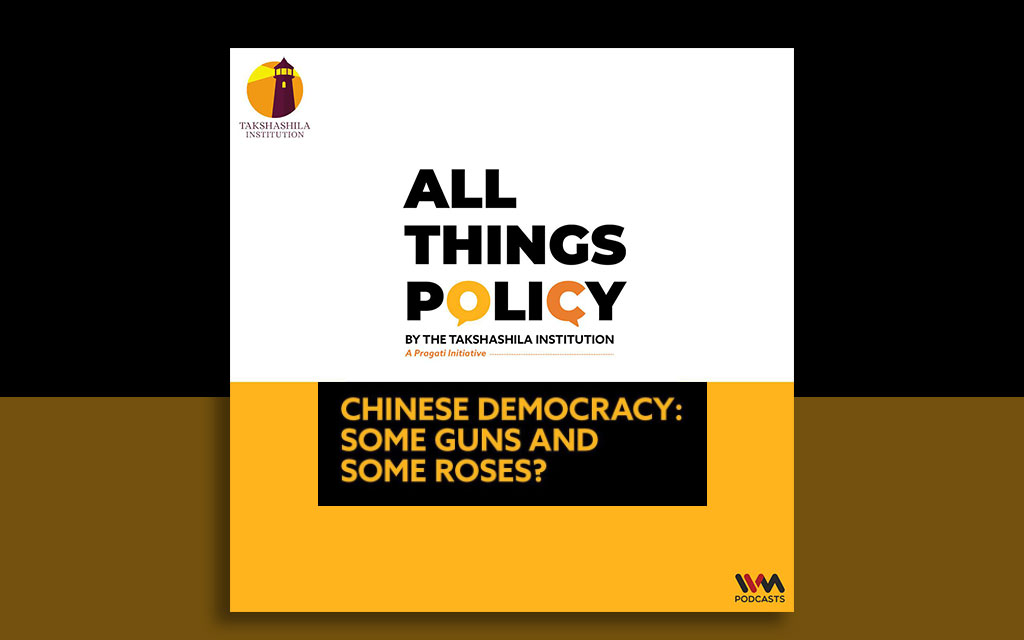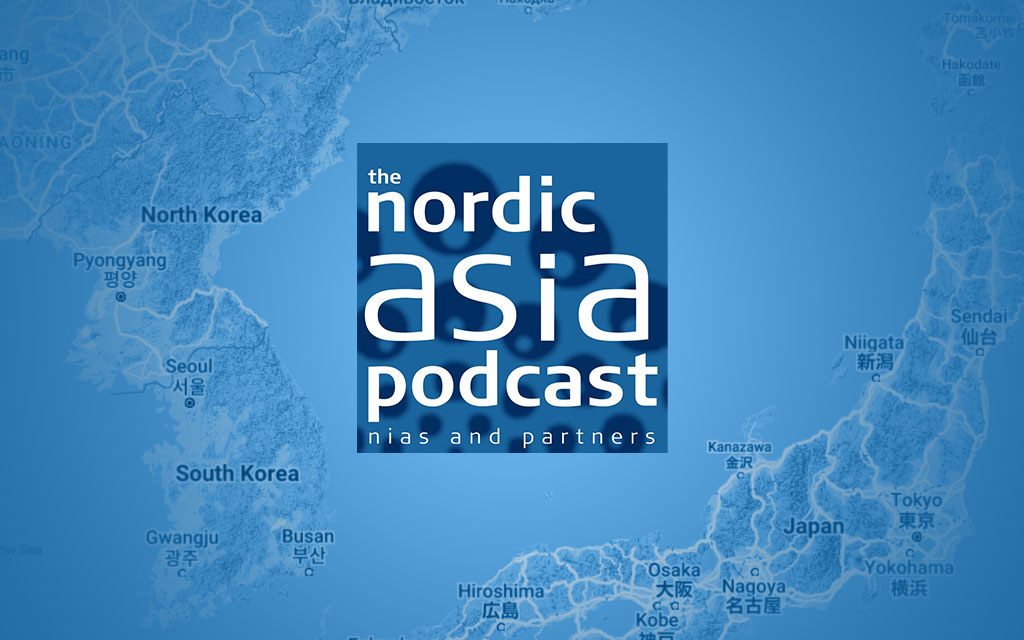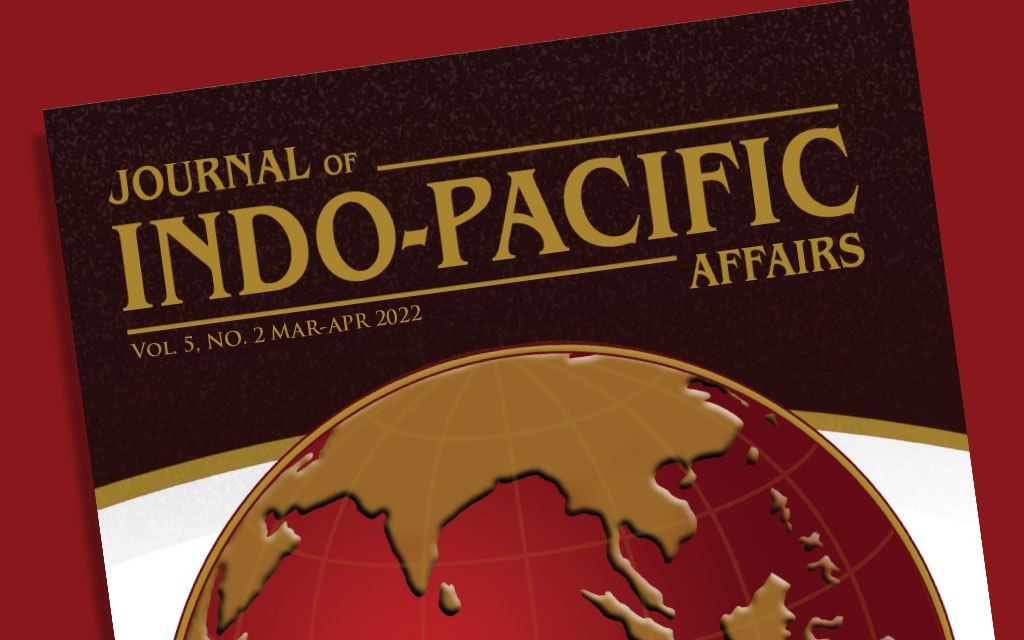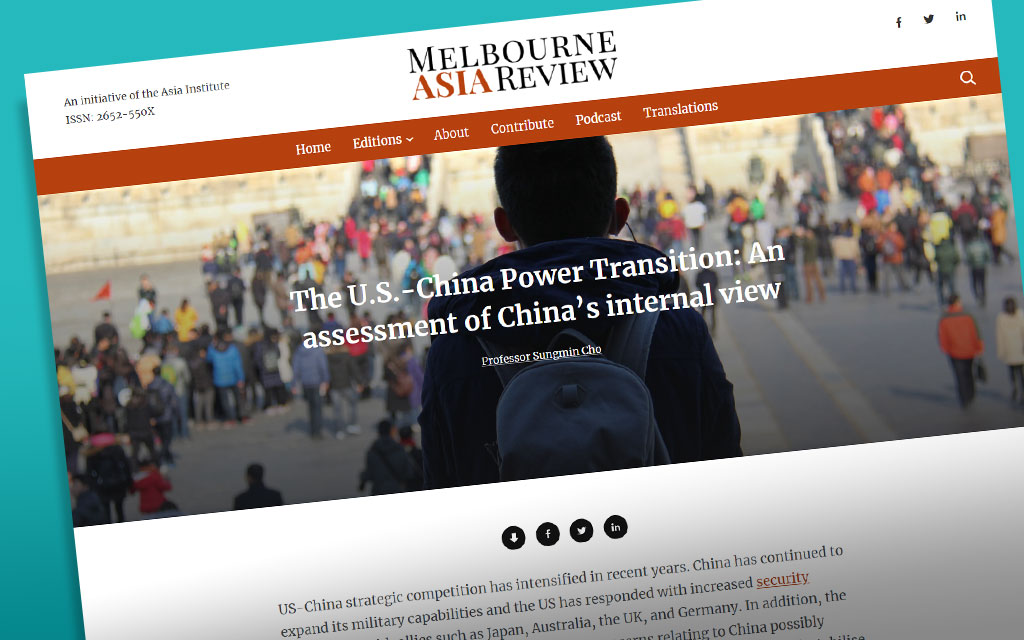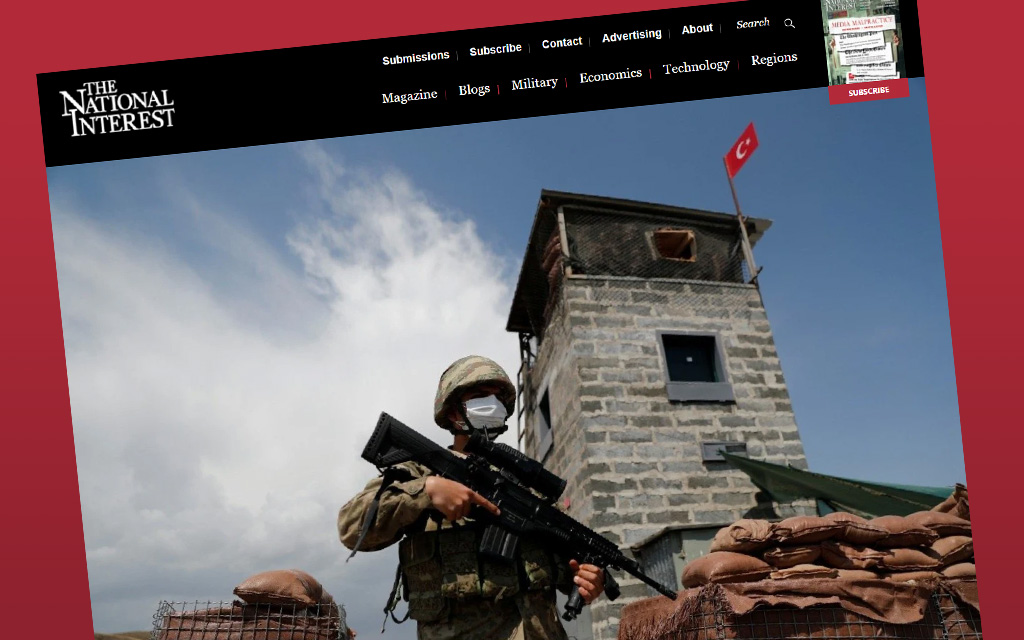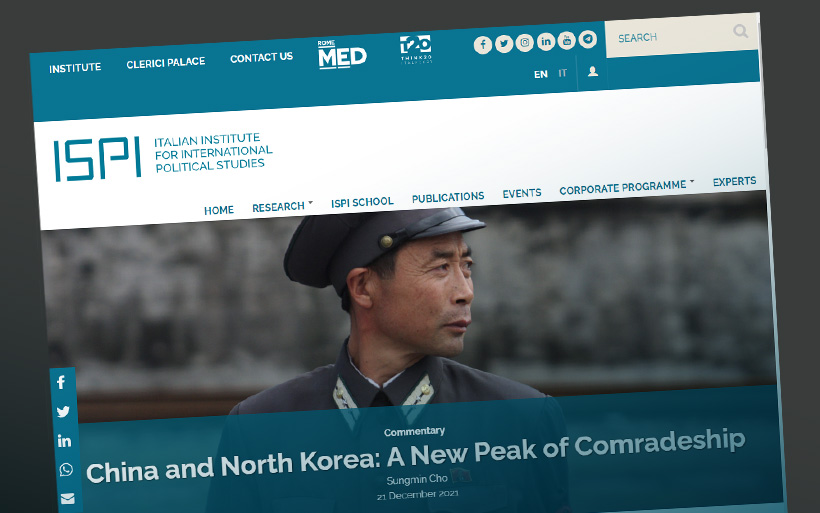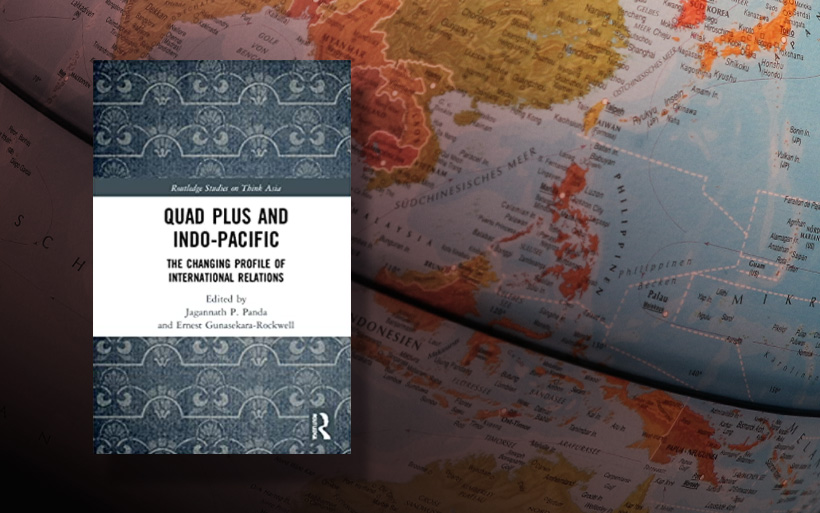A case-based approach to teaching epidemic and pandemic-related global health diplomacy and security in African countries.
Dr. Sebastian Kevany has a new article published in the Globalization and Health Journal titled, “A case-based approach to teaching epidemic and pandemic-related global health diplomacy and security in African countries.” Written with Shayanne Martin and Mike Reid, the article examines a half-day, satelite workshop that took place in Lagos, Nigeria. Utilizing a problem-based learning approach, the workshop provided 100+ participants instruction on global health diplomacy and security. Dr. Sebastian “Bass” Kevany joined the Daniel K. Inouye Asia-Pacific Center for Security Studies (DKI APCSS) in January 2021. He is a specialist in health security, health diplomacy, health as foreign policy, [...]



